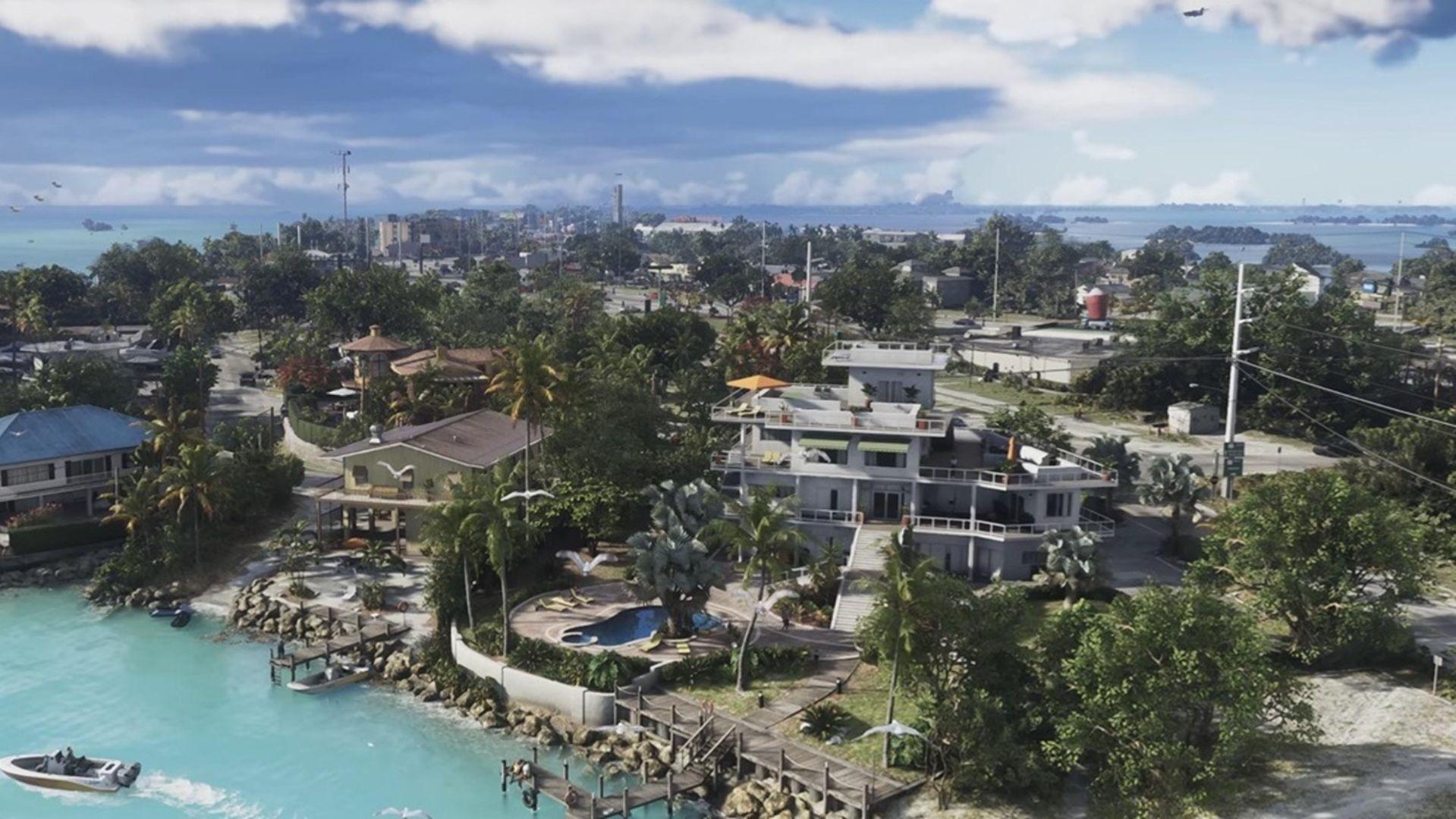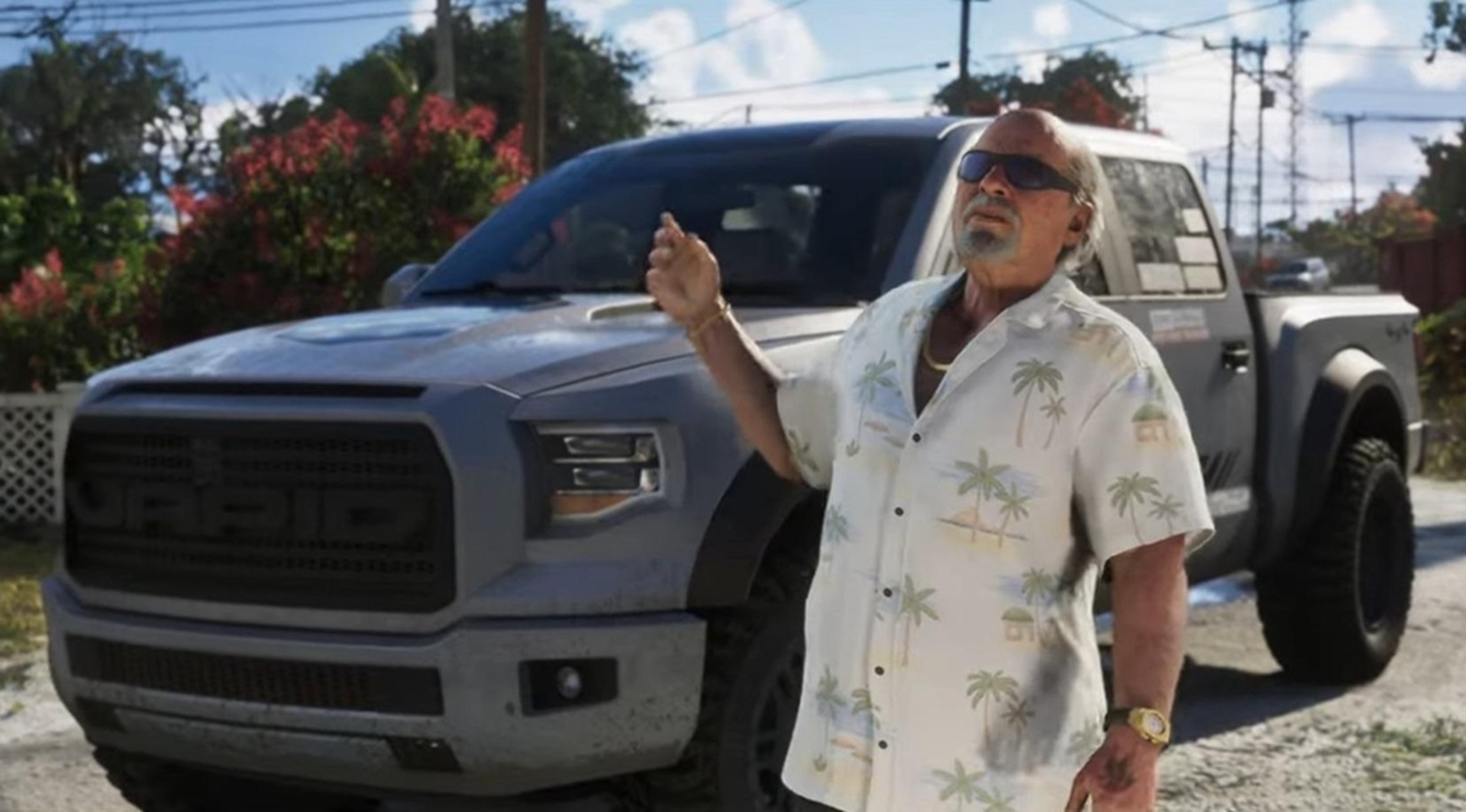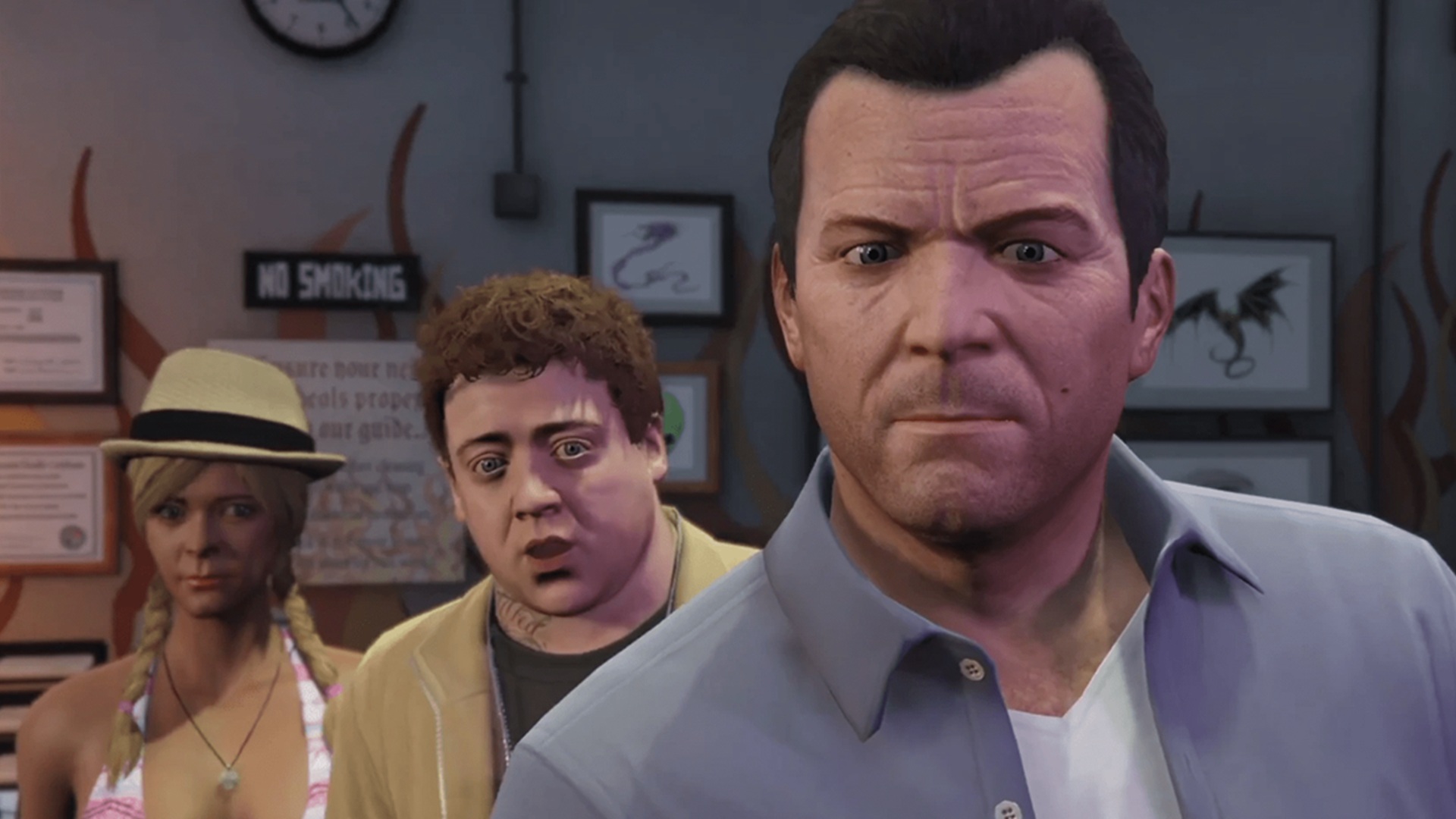Grand Theft Auto fans in Mexico are facing the possibility of paying significantly higher prices for their favorite titles after the country’s Champer of Deputies approved a controversial new tax on mature-rated video games.
The eight percent levy, which targets games with violent or adult content, has now moved one step closer to becoming law.
The proposed tax would apply to any game rated C or D under the Mexican System of Equivalences of Video Game Content Classification. For context, these ratings are roughly equivalent to the Mature and Adults Only categories in the United States ESRB system.
This means that every GTA title, from Grand Theft Auto III to Grand Theft Auto V and countless other Rockstar Games titles could suddenly become noticeably more expensive for Mexican consumers.
The tax wouldn't just apply to brand new releases either. Both physical copies sitting on store shelves and digital downloads through online platforms are subject to the additional charge.
Currently, many believe that this tax would extend to in-game purchases, microtransactions, and subscriptions, which wouldn’t bode too well for Rockstar’s GTA+ subscription.
Mexico's Treasury Department first introduced the proposal in September. Officials bundled the gaming tax alongside other so-called health taxes targeting products deemed harmful to society, including increased levies on sugary beverages, tobacco products, and gambling operations.
The government's stated goal is to generate revenue for programs supporting individuals experiencing negative psychological and social effects allegedly linked to video game consumption.
The video game industry has long maintained that no credible research has established a direct causal link between virtual violence and real-world aggression. Decades of studies have failed to produce consensus on whether mature video games contribute meaningfully to violent behavior, with many researchers emphasizing that other factors like socioeconomic conditions, family environment, and mental health support play far more significant roles.
From a practical standpoint, the new tax would stack on top of Mexico's existing value-added tax of sixteen percent. This means affected games could face a combined tax burden approaching twenty-four percent, dramatically increasing their final cost to consumers.
So even if Rockstar doesn’t end up selling GTA 6 for $100, it could very well retail for nearly just as much in Mexico, and possibly other countries that will follow suit.
If the tax becomes law as expected, GTA 6 could become one of the first major releases subject to the new levy. Already, some retailers have listed the game at prices well above typical ranges for premium titles, with many within the industry believing that $100 is an appropriate price for the upcoming sequel.
But if it’s any consolation, certain studies suggest that a higher price point for GTA 6 could backfire.
With that said, most previous attempts to regulate or tax games based on content have either failed to gain traction or been struck down by courts on various grounds. It’ll be interesting to see if Mexico’s approach will prove any different.
The proposal will undergo debate and potential modifications before the November 15 deadline for submitting budget proposals, where senators will either reject the proposal or propose modifications before any final vote.
GTA 6 is currently in development for the PlayStation 5 and Xbox Series S/X. It’s expected to be released on March 26, 2026.







